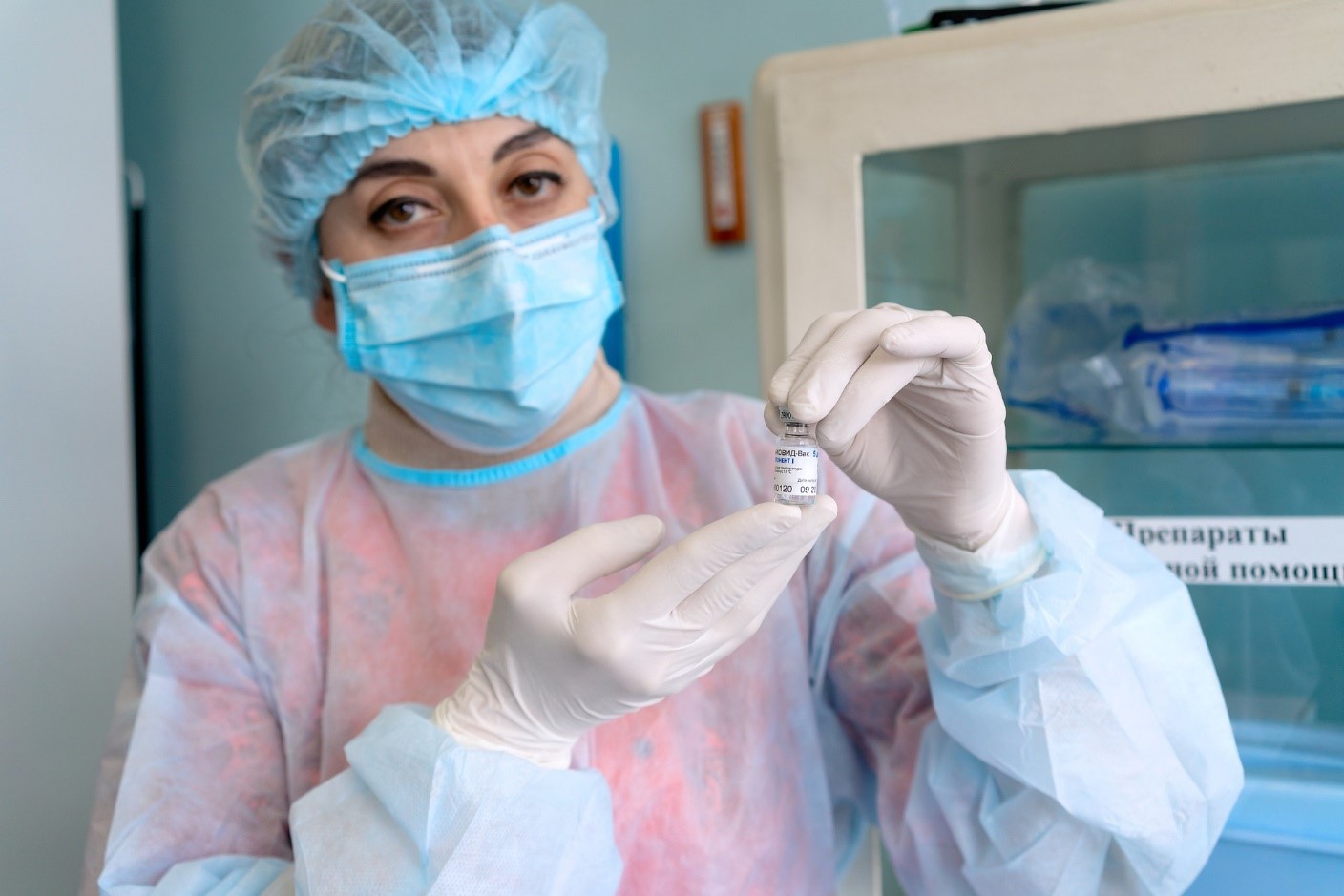Clinical research nurses are an integral part of clinical staff. They are employed in research work to provide the best care to the participants involved. The research nurses monitor the health and safety of every patient, data collection, conformity with regulatory and ethical needs, and good communication between a patient and healthcare providers. These clinical research nurses work in a multidisciplinary team and research in various healthcare settings. Along with ensuring the safety of the participants in clinical trials, they also assure the integrity of the data collected and maintain accurate clinical records to help innovate new treatments.
Expectations from a Clinical Research Nurse
The amount of care a clinical research nurse provides the patients involved in the research is based on the study’s requirements and response to the study intervention. Generally, research studies include testing experimental drugs, radiological or surgical procedures, psychosocial intervention, and a complete clinical assessment of the cause of a disease or medical condition. Clinical research nurses must be more efficient towards providing better care to the patients participating in different types of clinical research studies or trials. These clinical trials help innovate new treatments and may require invasive testing and consistent monitoring during the entire course of research. Every clinical researcher relies on the expertise of the clinical research nurses to achieve the highest standards of care during the clinical investigations.
Educational Requirements to Become a Clinical Research Nurse
Suppose you are interested in pursuing a career in the clinical research field and want to know how to become a research nurse to expand your role as a nurse. In that case, you must earn a master’s degree in clinical research management. Most nurses continue their education during their job to develop new skills and expertise in the healthcare settings and provide patients the best care possible. This degree provides you the required knowledge and understanding of innovations in the medical research field. It gives you a competitive edge in the job market. Such programs offer you basic instructions in research ethics, methodologies, innovative patient care, accuracy in data collection, and maintaining clinical records efficiently. Below, we are discussing some ways clinical research nurses help innovate new treatments
- Developing Protocol
The first and essential step in clinical research or study is to develop a study protocol. The study involves determining an unlicensed drug product, ways to measure this, tests that patients must undertake, collection of clinical data, blood tests, if any, and several patient visits to the hospital. Usually, there are multidisciplinary teams involved in developing the study protocol. Still, it’s essential to include a clinical research nurse in the initial stage. That’s because nurses interact better with patients, know how to handle, and which care pathway is appropriate for them. These research nurses have useful knowledge and experience that better position them to help clinical researchers draw outcomes from their study. It helps them to find out about the patient’s willingness to participate in the study. The demands of a study shouldn’t be too strict as it will make it hard to recruit patients or make them abandon the ongoing research. A clinical research nurse will maintain an equilibrium between the research requirements and the patients’ needs to help reach a better conclusion.
- Informed Consent
Patient information sheet and consent form are essential in a research study that contains every detail required by law to inform the participants involved in the study. Often clinical research nurses write these consent forms as they understand the research project, its regulations, and legislation governing the consent process. A research nurse knows how to explain to the patient critical medical and scientific information. Verbal discussion is a big part of an informed consent process and essential responsibility of clinical research nurses. It helps patients understand their responsibilities, expected benefits, potential risks, data safety, and research information.
- Study Approvals
Research or study approvals by the NHS R &D and Ethics Committee. To conduct clinical trials, it’s necessary to get permission from medicines and healthcare products regulatory agencies before recruiting participants. Research nurses are vital in completing these approval application forms and sending them to the concerned authorities. The review and approval from the appropriate authority are received by these research nurses that allow them to start the study.
- Patient Recruitment
It is one of the responsibilities of the clinical research nurses to recruit patients for the research or study. Research varies, but nurses mostly determine where best to involve patients for a clinical trial in a study. They join multidisciplinary team meetings to feature the most suitable patients of different studies to help the care team in clinics decide the appropriate care options for appropriate patients. For offering a successful study to every suitable patient, research nurses need to create a strong network in the care teams. It is to ensure the visibility of the study at MDT and that every participant receives the information to decide whether they want to participate or not in the study. Research nurses in such situations use their innovative skills to create ways and tools for the care team to reach suitable participants and keep the research or study fresh at all times.
- Data Collection and Safety Reporting
A clinical research nurse keeps follow-ups with the patients recruited for the research through their treatment and ensures their presence at the time of trials as per the study protocol. They collect all the patient data obtained during their visits. The accuracy of the patient’s data is essential in research as it will be used to determine the outcomes of the clinical trials. Safety reporting is also a necessary part of data collection that involves the information collected regarding the untoward reactions that appeared in patients due to the investigational drug. Clear and fast adverse drug reporting is essential, especially in the case of more serious ones. Clinical research nurses have developed strong communication skills and can take better patients’ histories to deliver accurate safety data while ensuring patient safety at all times.
Conclusion
It’s not the exhaustive list of the roles clinical research nurses play but an overview of their responsibilities in innovating new treatment and care options for the patients. Often nurses are more inclined towards the research field. It seems exciting to be a part of new developments and make things better for the patients. Clinical research nurses have their autonomous role within a multidisciplinary team, and that’s the most attractive aspect of pursuing a career in clinical research settings.







